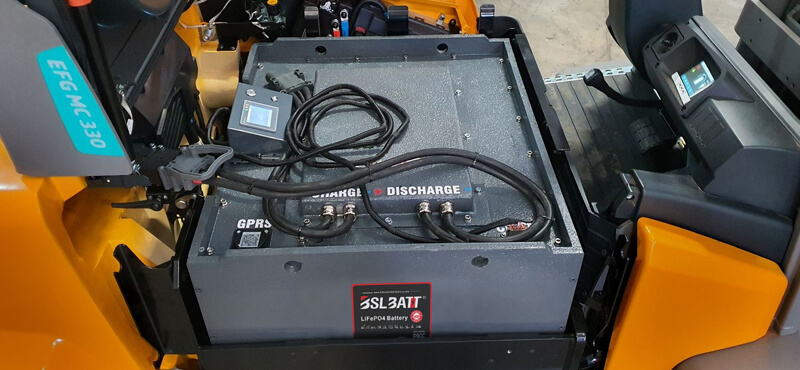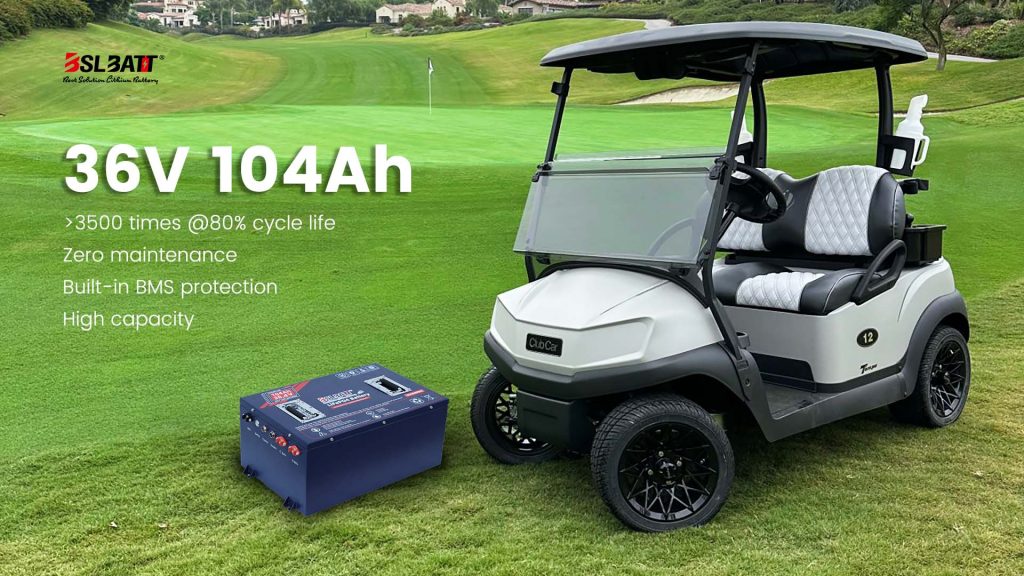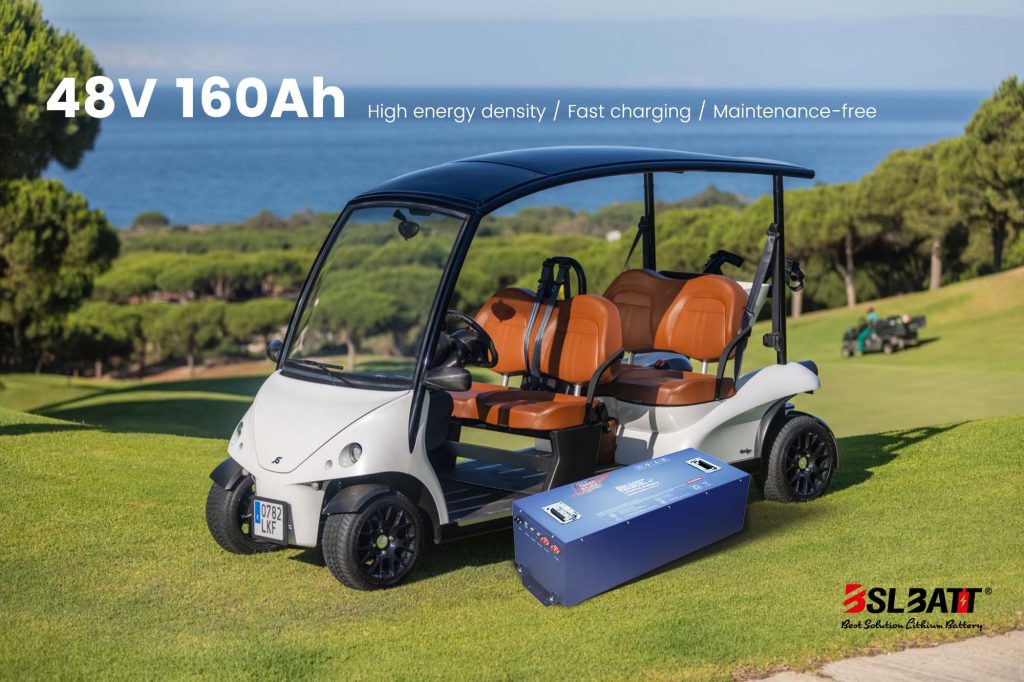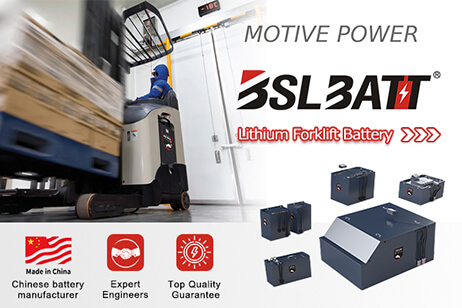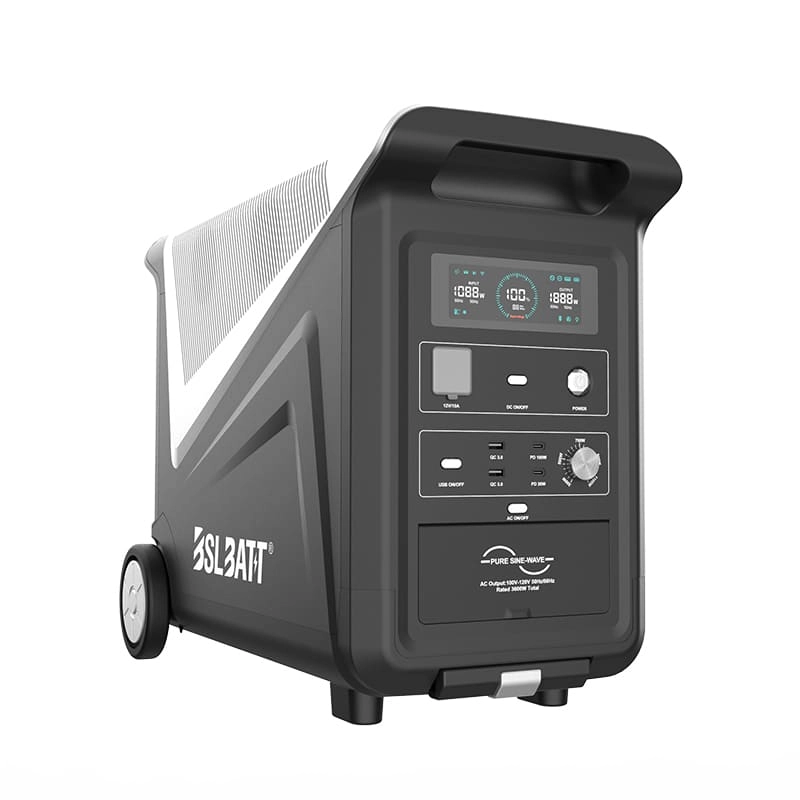Industry Application
Product Type
Alkaline vs. Lithium Batteries: Which Battery Is Best?
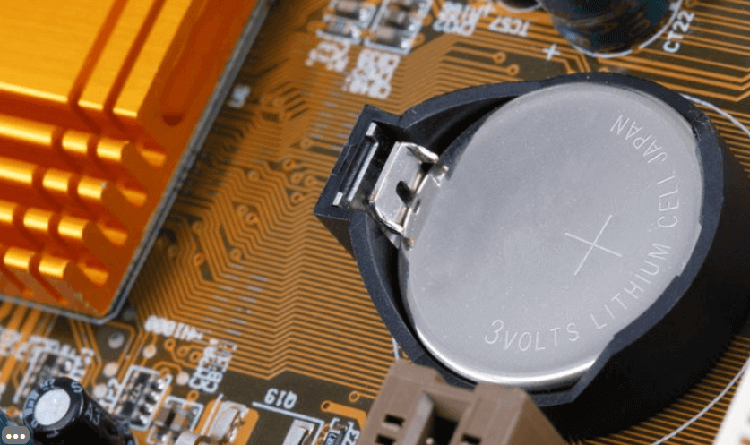
Batteries are also an important element of illuminated disposable medical devices, and the type of battery you use is important as well. It can mean the difference between being able to conduct a smooth successful procedure and one that involves unforeseen delays related to lighting issues. In addition, there’s the issue of battery powered use and disposal, which brings with it environmental issues that must be considered as well. Most people typically buy alkaline batteries. These account for 80% of the manufactured batteries in the US. They are inexpensive and extremely common. They are non-rechargeable. Alkaline batteries are widely used in TV remotes, children’s toys, and low-drain wireless electronic devices like computer keyboards or doorbells. Lithium batteries stand apart from alkaline in their high charge density (which leads to longer life and run-time). They are more expensive than alkaline and are non-rechargeable. Lithium batteries are widely used in smoke detectors, clocks, and portable electronics, such as digital cameras and calculators. Check out our alkaline and lithium batteries for sale below. Two battery types-lithium and alkalineOf the battery types most commonly used in the medical profession, the two leading formats are alkaline and lithium. Each one comes with significant benefits and characteristics that should be considered. Let’s look at the two battery types and examine their features: Characteristics of Alkaline vs. Lithium Batteries★ Alkaline batteries contain no heavy metals that can pollute the soil and groundwater. In addition, they do not pose a risk of explosion in landfills. ★ Alkaline batteries are generally less expensive than lithium batteries and therefore more cost-effective to use. ★ Alkaline batteries can provide a high consistent level of energy. ★ Button alkaline batteries meet U.S. and EU battery environmental standards and are considered non-toxic by the Environmental Protection Agency. ★ Alkaline batteries are not considered hazardous waste and as such are not regulated by the U.S. Department of Transportation (Only California bans them from landfills). Lithium★ They’re designed to last longer, making them a good choice for high-tech and smart devices, and those electronics for which changing the battery is inconvenient. ★ They can withstand extreme low temperatures. Lithium can operate without failing in a very cold climate, so it’s ideal for outdoor applications. ★ Lithium batteries are lighter than alkaline batteries, so they offer an advantage when used with portable devices, especially cordless power tools. ★ If you decide to replace alkaline with lithium, its important to check the replacement has both the appropriate voltage and type/size. Energizer e2 lithium AA batteries produce 1.5 volts, so they can be used to replace any regular alkaline AA units in most cases. In short, a lithium battery can be used as a high-performing alternative to a standard alkaline battery. However, the benefits come at a cost: Lithium is a more expensive technology, which means a higher price point. These batteries can even outlast the normal lifespan of some inexpensive, noncritical devices, like toys, so the extra cost may not be justified in every case. Also, lithium batteries are restricted as carry-on travel items by some airlines. When comparing alkaline vs lithium, it is important to consider several factors. Firstly, alkaline batteries are widely available and relatively inexpensive, making them a popular choice for everyday devices such as remote controls and flashlights. They have a lower energy density compared to lithium batteries, meaning they may not last as long in high-drain devices. On the other hand, lithium batteries are known for their higher energy density, making them ideal for power-hungry devices like digital cameras and smartphones. Additionally, lithium batteries have a longer shelf life and can withstand extreme temperatures better than alkaline batteries. However, it is worth noting that lithium batteries are generally more expensive and may not be as readily available as alkaline batteries. Ultimately, the choice between alkaline and lithium batteries depends on the specific needs of the device and the desired performance. Batteries in a Hospital SettingBSLBATT Medical Batteries are used in many devices in hospitals, including pagers, EKG monitors, pumps, hearing aids and electronic devices. Some batteries can contain harmful metals such as the cadmium contained in lithium batteries. In their “Guide to Batteries Used in Health Care,” Practice Greenhealth stated that cadmium can be a health threat if the battery comes into contact with organic material such as bodily fluids, or if not disposed of properly. About BSLBATT Battery BSLBATT is a global innovator of battery storage ideas. Founded in 2003, the company is on a mission to bring LiFePO4 battery solutions to the global market. BSLBATT products power a range of applications including, Marine, Automotive, Motorcycle, UPS, Armamentarium, solar systems, RV, electric forklifts and sweeper, Recreation and Industrial applications Solutions and more. The company offers a full range of services and high-quality products that continue to pave the way forward to a greener and more efficient future for energy storage. For more information on BSLBATT, visit www.lithium-battery-factory.com |
A Guide to Choosing the Best 48V Lithium Golf Cart Battery
Would it be worth investing in a 48V ...
10 Exciting Ways To Use Your 12V Lithium Batteries
Back in 2016 when BSLBATT first began designing what would become the first drop-in replacemen...
BSLBATT Battery Company Receives Bulk Orders from North American Customers
BSLBATT®, a China Forklift battery manufacturer specializing in the material handling indust...
Fun Find Friday: BSLBATT Battery is coming to another great LogiMAT 2022
MEET US! VETTER’S EXHIBITION YEAR 2022! LogiMAT in Stuttgart: SMART – SUSTAINABLE – SAF...
Looking for new Distributors and Dealers for BSL Lithium Batteries
BSLBATT battery is a fast-paced, high-growth (200% YoY ) hi-tech company that is leading the a...
BSLBATT to Participate at MODEX 2022 on March 28-31 in Atlanta, GA
BSLBATT is one of the largest developers, manufacturers, and integrators of lithium-ion batter...
What makes the BSLBATT the Superior Lithium Battery for your Motive Power needs?
Electric forklift and Floor Cleaning Machines owners who seek the ultimate performance will fi...








